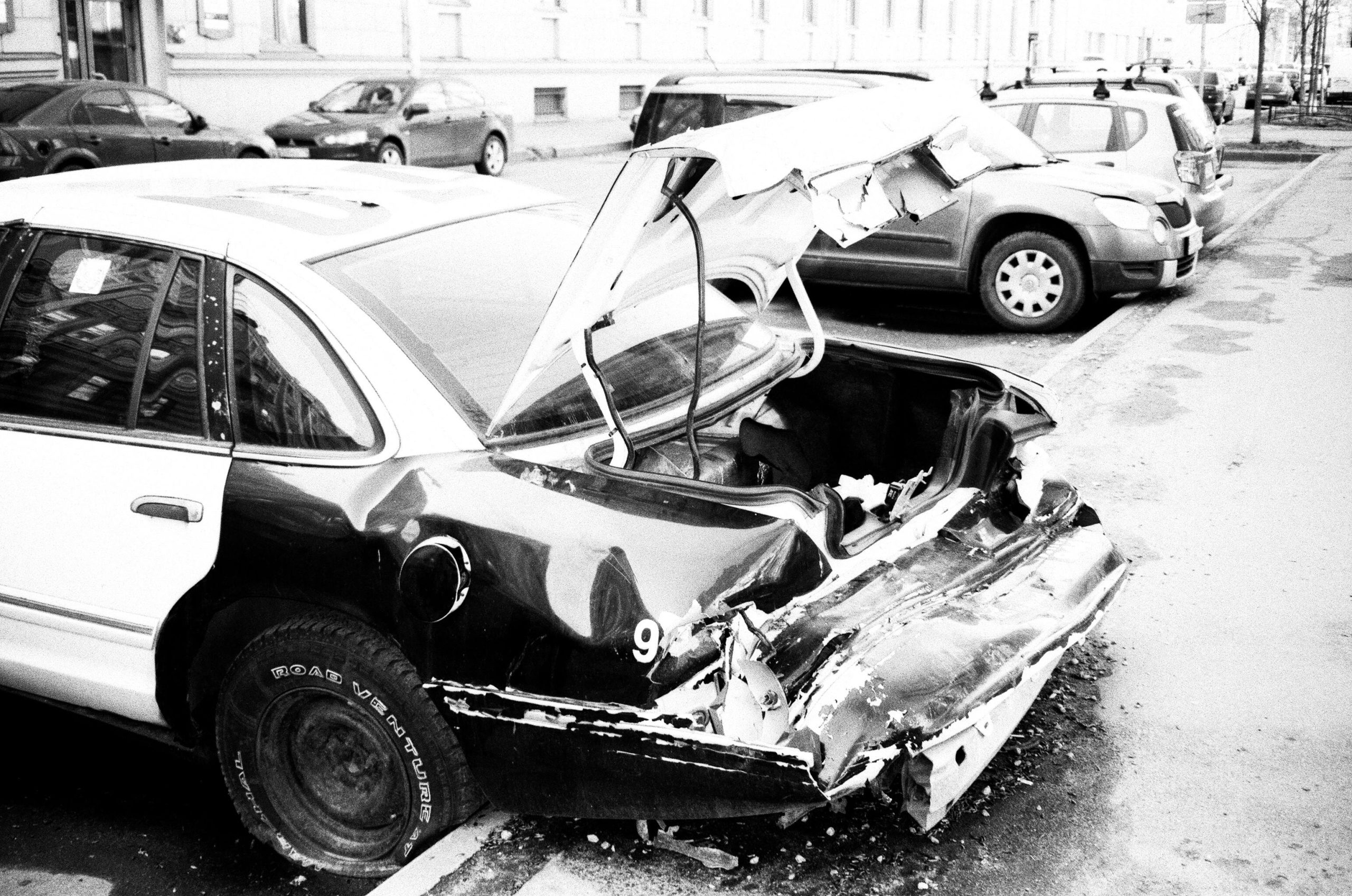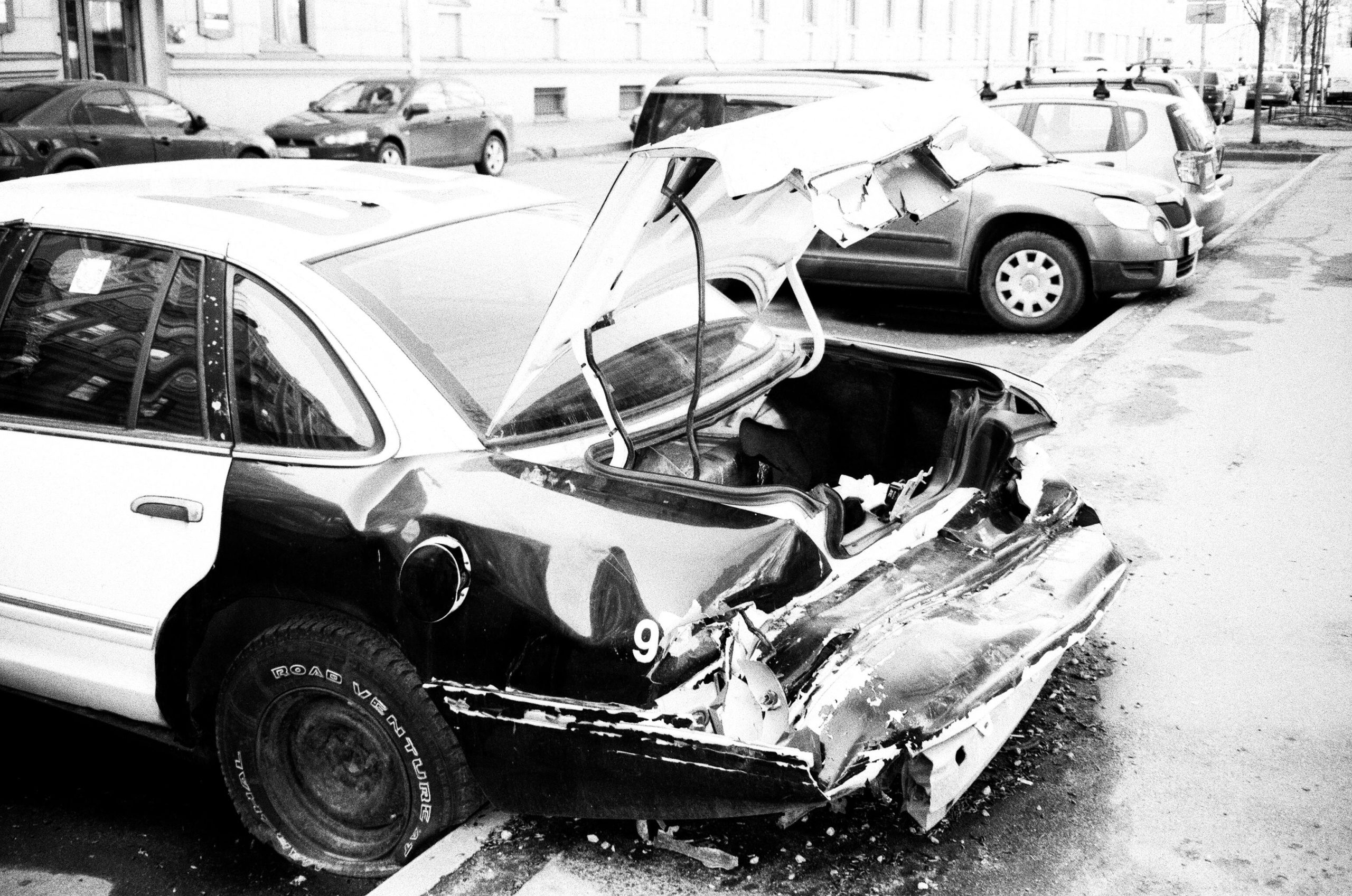 A tragic accident involving a young boy with autism has raised questions about the legal responsibility of homeowners when someone is injured on their property. The case of Justin Stollenwerck v. Robert Schweggman, Jr., et al. explores the boundaries of a homeowner’s duty of care, especially when the injured party is the guest of a tenant. This blog post examines the case details and the court’s ruling, shedding light on the complexities of premises liability law.
A tragic accident involving a young boy with autism has raised questions about the legal responsibility of homeowners when someone is injured on their property. The case of Justin Stollenwerck v. Robert Schweggman, Jr., et al. explores the boundaries of a homeowner’s duty of care, especially when the injured party is the guest of a tenant. This blog post examines the case details and the court’s ruling, shedding light on the complexities of premises liability law.
The Accident:
Ryse Stollenwerck, a five-year-old boy with autism, was severely injured while playing at his mother’s boyfriend’s house. The boyfriend, Robert Schweggman Jr., was spinning another child around when they accidentally struck Ryse, causing serious injuries that left him wheelchair-bound and unable to speak.
 Insurance Dispute Lawyer Blog
Insurance Dispute Lawyer Blog


 Filing a medical malpractice claim in Louisiana involves navigating a complex process, including meeting strict deadlines. One crucial step is timely paying the filing fee to the Patient’s Compensation Fund Oversight Board (PCF Board). But does the “mailbox rule” apply to these payments? A recent Louisiana Court of Appeal case,
Filing a medical malpractice claim in Louisiana involves navigating a complex process, including meeting strict deadlines. One crucial step is timely paying the filing fee to the Patient’s Compensation Fund Oversight Board (PCF Board). But does the “mailbox rule” apply to these payments? A recent Louisiana Court of Appeal case,  Car insurance policies can be riddled with complex terms and conditions, often leading to misunderstandings between policyholders and insurers. The case of
Car insurance policies can be riddled with complex terms and conditions, often leading to misunderstandings between policyholders and insurers. The case of  A picturesque pond, once teeming with life, transformed into a murky, foul-smelling mess. The culprit? Alleged sewage contamination from a neighboring apartment complex. This is the story of Cedar Lodge Plantation’s battle against Fairway View Apartments in Baton Rouge, Louisiana, a legal fight that highlights the complexities of environmental disputes and property damage claims.
A picturesque pond, once teeming with life, transformed into a murky, foul-smelling mess. The culprit? Alleged sewage contamination from a neighboring apartment complex. This is the story of Cedar Lodge Plantation’s battle against Fairway View Apartments in Baton Rouge, Louisiana, a legal fight that highlights the complexities of environmental disputes and property damage claims. In a ruling emphasizing the critical importance of adhering to legal deadlines, the
In a ruling emphasizing the critical importance of adhering to legal deadlines, the  A recent ruling by the
A recent ruling by the  A recent ruling by the
A recent ruling by the  A recent ruling by the Louisiana Court of Appeal has shed light on the complexities of prescription (the state’s equivalent of a statute of limitations) and the concept of joint tortfeasors in wrongful death cases. The case, Crocker v. Baton Rouge General Medical Center, involved a tragic incident where a mentally impaired man, Jerry Sheppard, died after an altercation following his discharge from the hospital.
A recent ruling by the Louisiana Court of Appeal has shed light on the complexities of prescription (the state’s equivalent of a statute of limitations) and the concept of joint tortfeasors in wrongful death cases. The case, Crocker v. Baton Rouge General Medical Center, involved a tragic incident where a mentally impaired man, Jerry Sheppard, died after an altercation following his discharge from the hospital. In personal injury law, car accidents at intersections are all too common. However, the case of
In personal injury law, car accidents at intersections are all too common. However, the case of  A recent ruling from the
A recent ruling from the